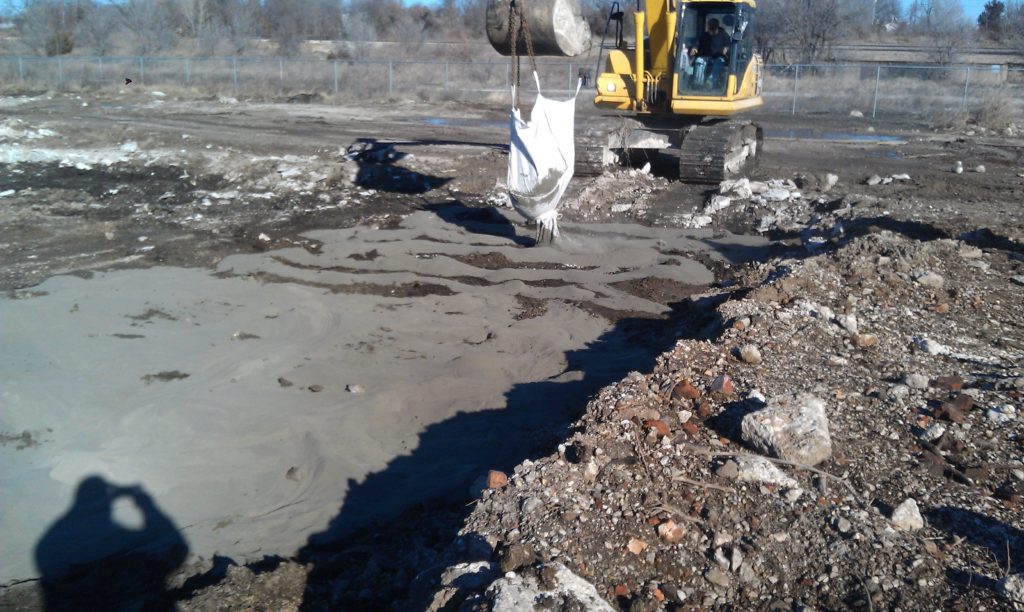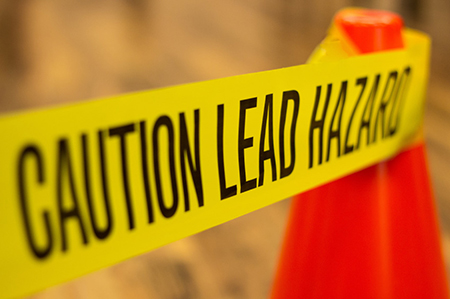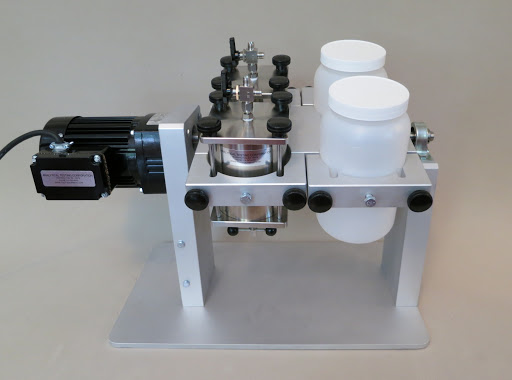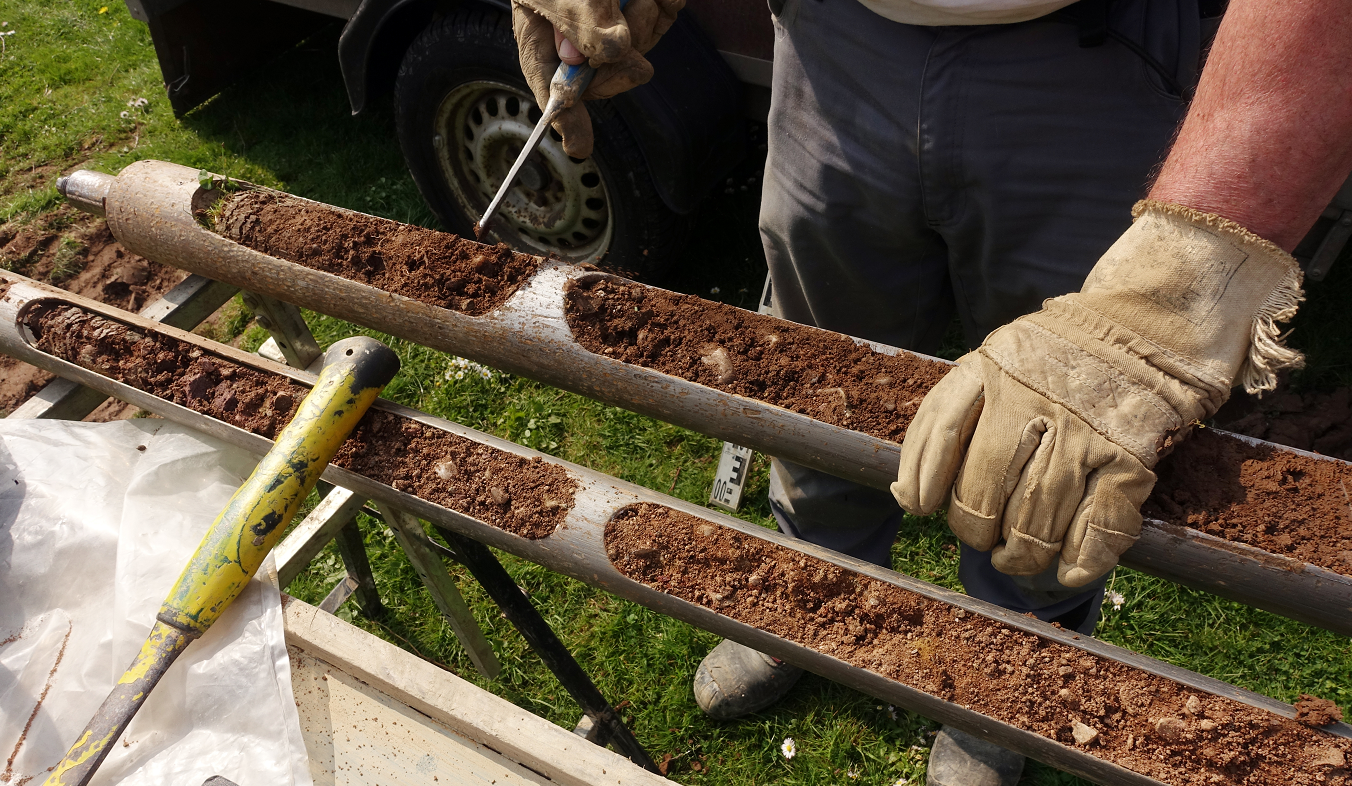What are Heavy Metals in Soil?
The EPA requires a Toxicity Characteristic Leaching Procedure (TCLP) test to determine if the heavy metals in soil needs to be managed as hazardous or non-hazardous waste. Soils exhibiting hazardous characteristics need to be disposed of at a facility permitted for that material at a high cost. Soils treated in the field prior to off-site disposal can be rendered non-hazardous and be disposed of in a regular landfill.
If the contaminated heavy metals exceeds the Toxicity Characteristic Leaching Procedure (TCLP) limits, stakeholders should be aware that remedial applications, such as Blastox exists that can be added directly to the soil to render it non-hazardous. This significantly drives down the cost of disposal as hazardous waste transportation and hazardous waste disposal are avoided, allowing for local, non-hazardous waste disposal.
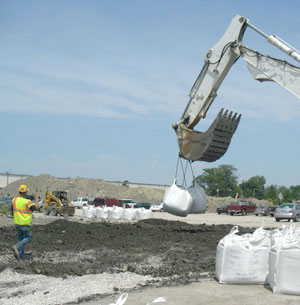
Blastox saved $1.4 million in disposal cost
A developer near Detroit, MI wanted to redevelop a property with an ideal location for a freezer and cold storage warehouse. The issue being that the site used to be a junk yard and had high levels of lead contamination over a large portion of the site. The heavy metals in soil is associated with areas that lead-acid batteries were crushed inside cars and were left to drain and required lead fixation and soil remediation action.
Blastox 215 was used for the cleanup and the property was completed in September 2019. During this work, 7,975 cubic yards of lead-contaminated soils were excavated and disposed of in an approved off-site disposal facility. The excavated area was then backfilled with clean material.
Blastox® 215 Technical Data for Heavy Metals in Soil
Product Description: Blastox® 215 is a patented, fine granular, complex calcium silicate-based additive. It furthermore stabilizes heavy metals in soil including cadmium and lead. Applications include soil remediation treatment, brass spent molding sand stabilization as well as furnace emissions waste stabilization.
Over 30 years, TDJ Group has assisted the metal casting industry, lead paint sandblasting, as well as soil remediation industries. More than 1,000,000 tons of wastes have been safely stabilized using TDJ chemistries. Furthermore, this helps minimize the impact of lead hazards across many industries and heavy metals in soil. Companies that perform environmental remediation services are realizing the cost savings and long term stability features that our chemistries afford. TDJ chemistries are the industry model for safe, cost-effective solutions for heavy metal waste treatment as well as hazardous waste disposal.
